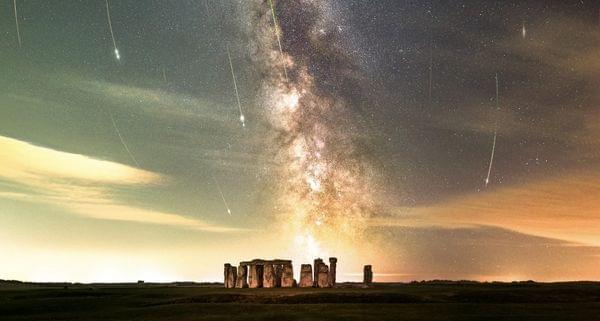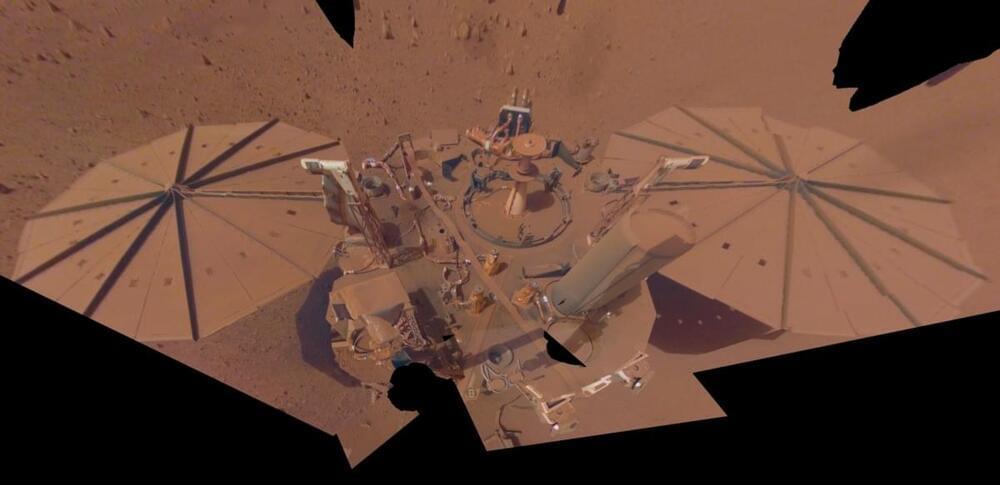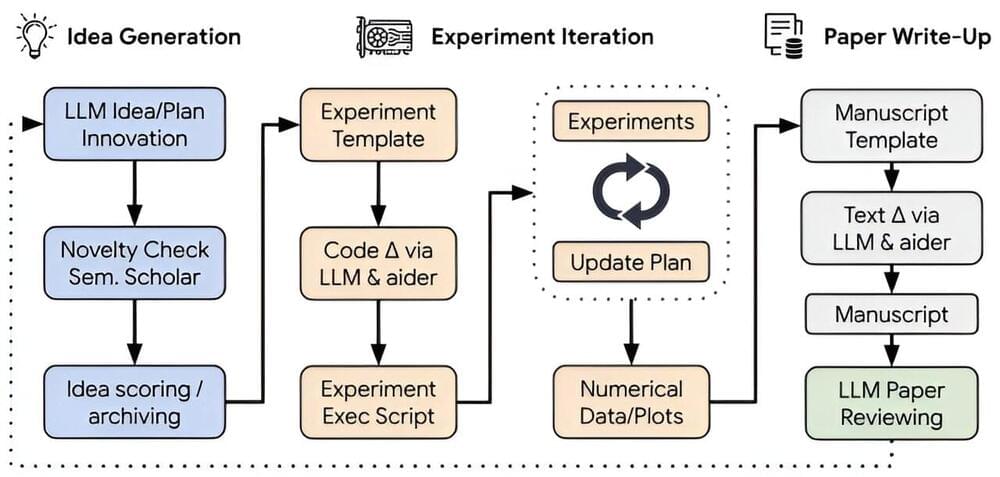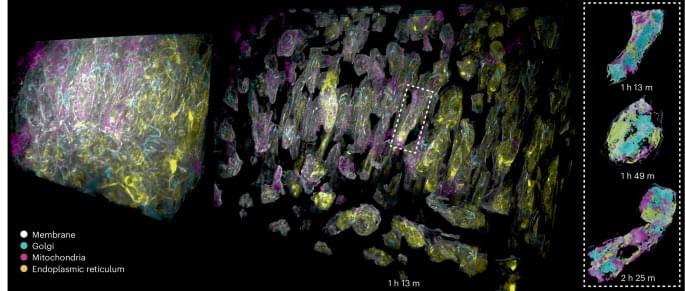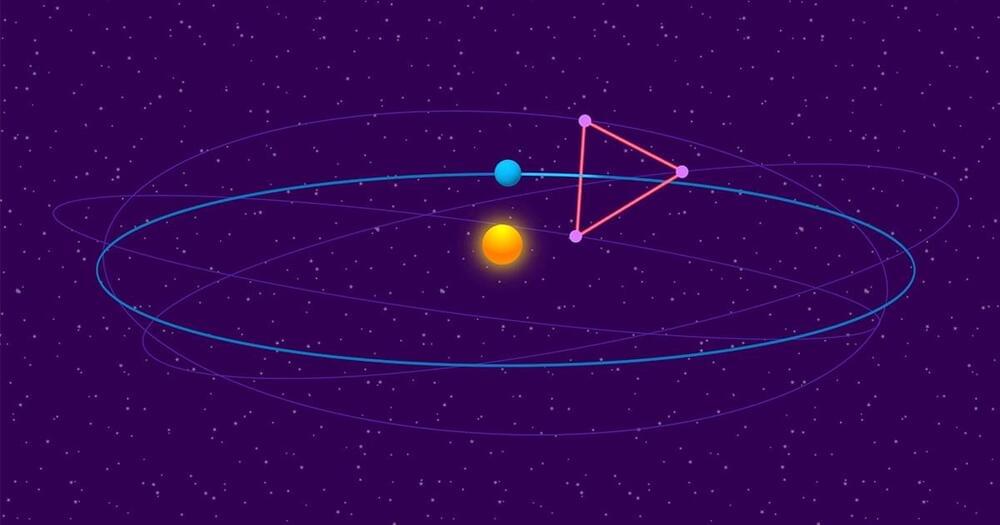Aug 18, 2024
LLMs develop their own understanding of reality as their language abilities improve
Posted by Shubham Ghosh Roy in category: robotics/AI
But does the lack of eyes mean that language models can’t ever “understand” that a lion is “larger” than a house cat? Philosophers and scientists alike have long considered the ability to assign meaning to language a hallmark of human intelligence — and pondered what essential ingredients enable us to do so.
Peering into this enigma, researchers from MIT’s Computer Science and Artificial Intelligence Laboratory (CSAIL) have uncovered intriguing results suggesting that language models may develop their own understanding of reality as a way to improve their generative abilities. The team first developed a set of small Karel puzzles, which consisted of coming up with instructions to control a robot in a simulated environment. They then trained an LLM on the solutions, but without demonstrating how the solutions actually worked. Finally, using a machine learning technique called “probing,” they looked inside the model’s “thought process” as it generates new solutions.
After training on over 1 million random puzzles, they found that the model spontaneously developed its own conception of the underlying simulation, despite never being exposed to this reality during training. Such findings call into question our intuitions about what types of information are necessary for learning linguistic meaning — and whether LLMs may someday understand language at a deeper level than they do today.

